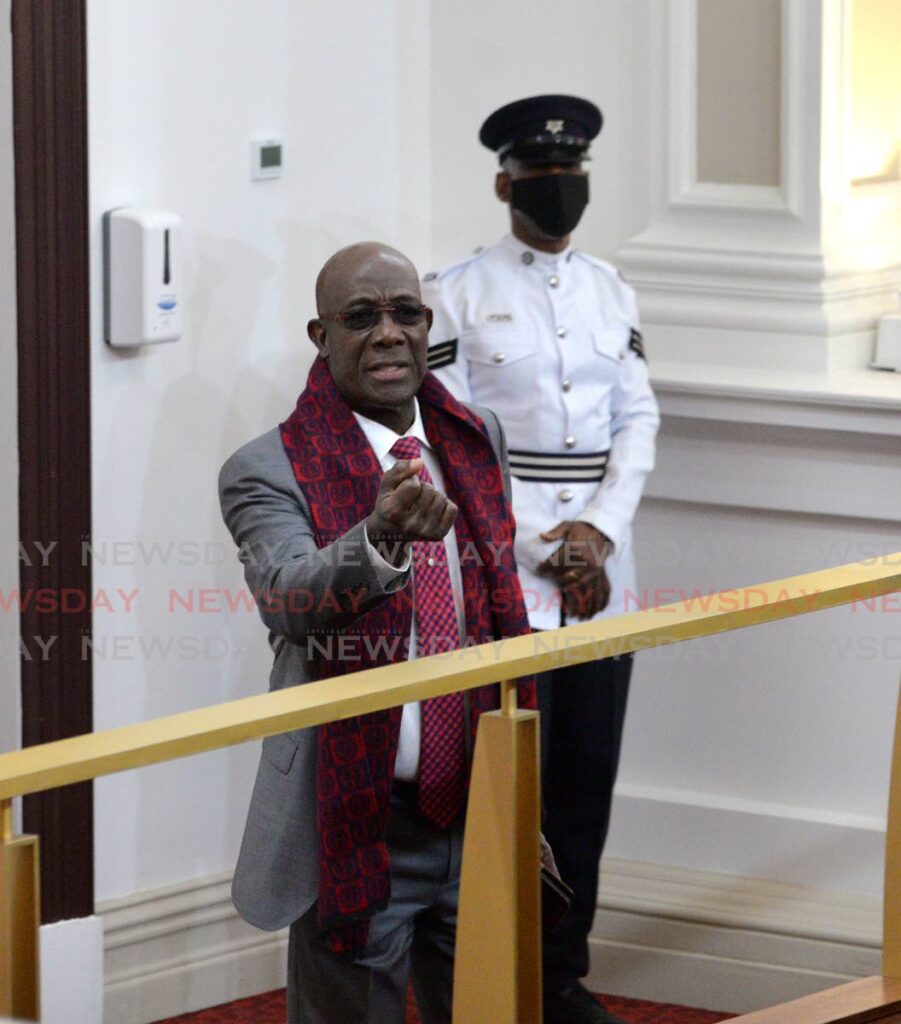When policing, politics collide

POLITICISATION of the police – whether by the Government or the Opposition – is unacceptable. There is no better demonstration of this than the kankatang currently embroiling police and government officials in Tobago and Trinidad.
We today call for a legally binding code of conduct explicitly banning politicians from scandalising the police through public utterances that have the tendency to undermine the criminal justice system. We also call for the formulation and publication of policing rules regulating the conduct of police probes during sensitive political periods such as elections.
There are circumstances when the police and politicians must work together. For example, there must be co-ordination on crime-fighting. While the police have their own accounting head in the budget, the service also relies on the executive to determine funding. Officers also rely on legislators to enact needed legislative changes. And police pay levels and appointments are affected by Cabinet.
Meanwhile, politicians rely on officers to guarantee their safety and the safety of their families. They also rely on the police to provide crucial intelligence needed in decision-making as it relates to sensitive national security matters.
These areas of overlap notwithstanding, it is intolerable for any politician to be directly involved in criminal investigations, particularly relating to rivals. The reasons for this are manifest. No one can have confidence in a police service that is perceived as being little more than a private political army.
There is already substantial distrust in the police. As the Prime Minister himself this week noted, there is a problem of corruption. Citizens are disinclined to come forward with information, fearful for their lives and lacking confidence in the ability of the police to protect them. In this context, politicisation of the police simply worsens an existing crisis.
The Code of Ethical Political Conduct to which parties currently subscribe calls on politicians to uphold the law and to co-operate with the police. But we need to go further to protect pending probes being conducted by officers.
Undoubtedly, whenever the police take on probes of politicians there are risks. No one is above the law, but if police probes of political figures heat up in the build-up to an election the police must avoid action that risks influencing the outcome and, thereby, skewering the democratic process. For this reason, we need rules, like those that exist for the FBI in the US, regulating how and when public disclosures are made.
Whether or not such rules emerge, one must worry about the impact all these distractions have on the safety and security of ordinary citizens. With murders spiralling and the justice system overwhelmed, it is not only a waste of police time when officers must contend with politics, but also a travesty.

Comments
"When policing, politics collide"